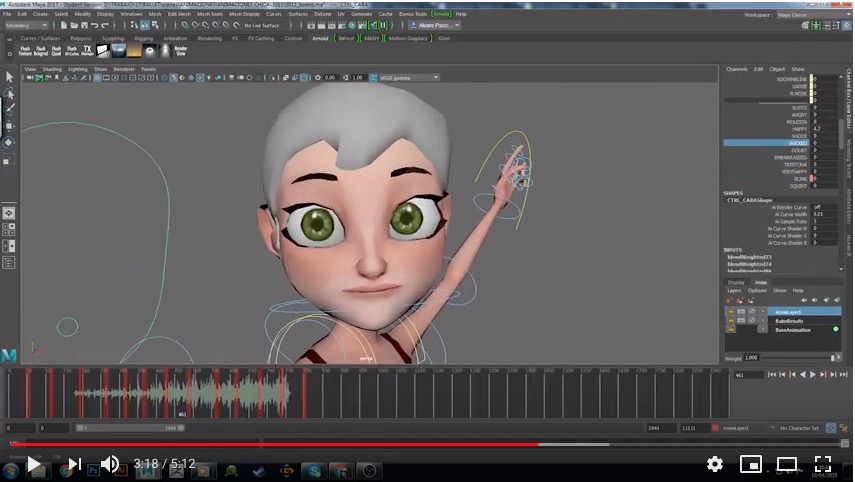Educational videogames (Serious Games) are a powerful communication tool for reaching new audiences, especially youngsters. The latest studies are proving these technologies to be an efficient means of helping them understand and appreciate art and culture. The aim of this videogame is to promote knowledge of Spanish dance while encouraging intellectual, creative and artistic development among children and young people.
In parallel with its principle activity, AC/E is collaborating on various projects by Spanish institutions in order to help disseminate Spanish culture in all areas. This project is designed to promote educational initiatives and programmes that facilitate understanding of dance and the development of new audiences.
The game is available for smartphones and tablets. It can be downloaded free of charge and lasts approximately one hour. It is targeted especially at children aged between 8 and 12 and it is based on the most significant Spanish folklore dances together with other creations of classical Spanish dance, escuela bolera and flamenco:
> Download in the Apple Store > Download in Google Play
The videogame was developed by students in the final year of their videogame design and development degree courses at the Faculty of Computer Science of the Complutense University in Madrid. The e-UCM group arranged the three 18-month scholarships.
All the results of this work will be evaluated and published once the project is under way.
The Hackathon was promoted by the Telefónica-Compulutense Digital Education and Serious Games chair at the Complutense University and by Spain’s national ballet company. The ‘Hackers’ proposed and developed games to help produce this videogame which is aimed at promoting Spanish dance among younger audiences.
The winner of the first prize was the Universidad Complutense group Design Coders. > See the video with their proposals
>More info







